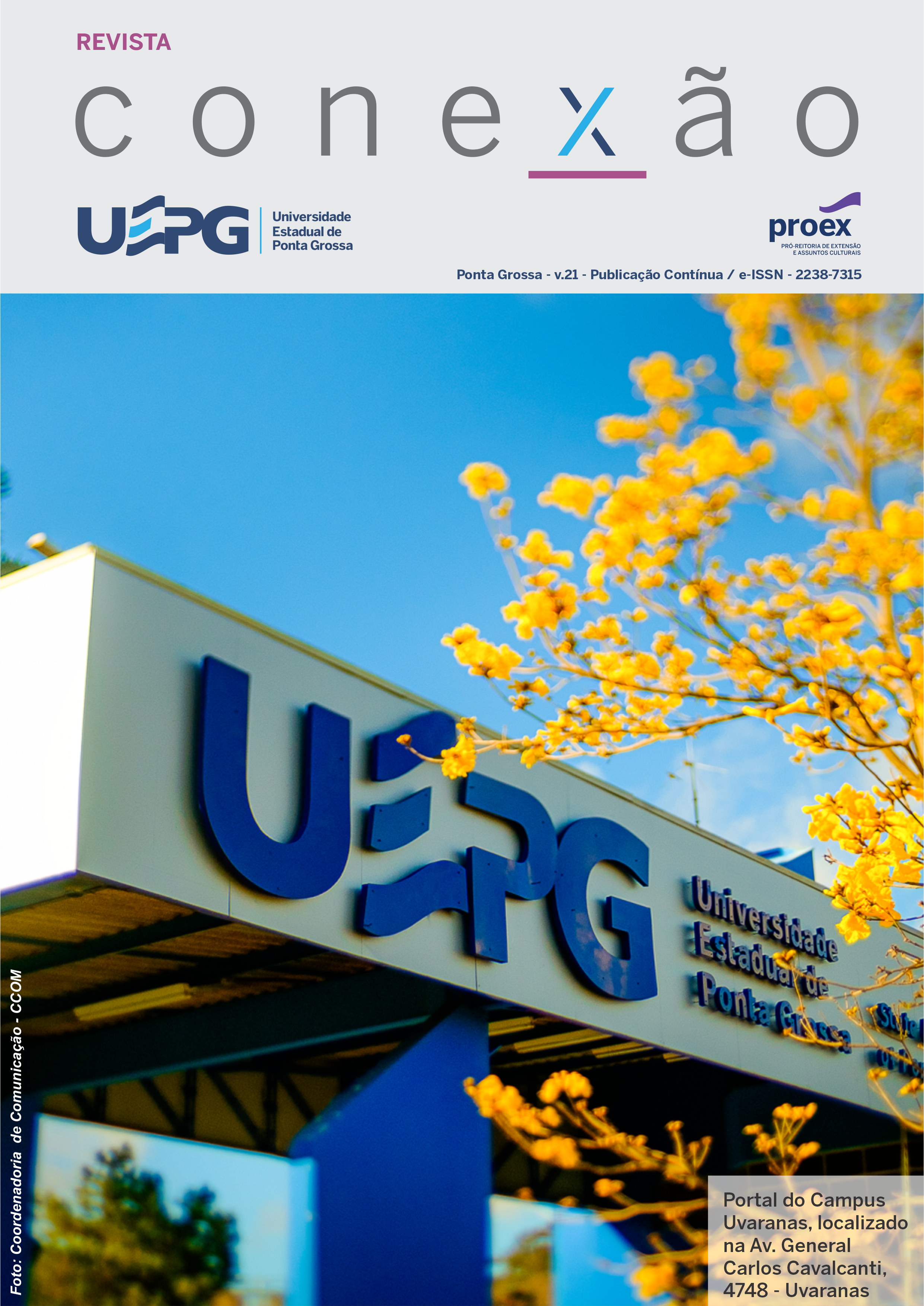A TERRITORIALIZAÇÃO NA SAÚDE: A EXPERIÊNCIA DE UMA AÇÃO EXTENSIONISTA
DOI :
https://doi.org/10.5212/Rev.Conexao.v.21.24468.005Résumé
Objetivou-se realizar um curso de aperfeiçoamento com foco no uso de ferramentas para analisar a situação de saúde da população no território da Estratégia Saúde da Família (ESF). A Formação foi financiada pelo Programa de Bolsa de Extensão, Arte e Cultura da Unilab, com carga horária de 40h e realizado em 2024. Participaram das atividades 47 pessoas. A programação da formação abordou os seguintes temas: territorialização como instrumento do planejamento local da atenção básica, fases da territorialização e construção do mapa da microárea. Como resultados, foram construídos 9 mapas dos municípios de Acarape e Barreira, dos quais 2 foram feitos, respectivamente, no Google Earth e Maps, e 7 desenhos à mão livre. A descrição dos mapas listava no território dados epidemiológicos, equipamentos sociais e sinalizava problemas de saúde relevantes. Conclui-se que a iniciativa é necessária para fortalecer o cuidado qualificado do paciente na ESF.
Palavras-chaves: Mapa; Agentes Comunitários de Saúde; Saúde da Família.
Téléchargements
Téléchargements
Publié-e
Numéro
Rubrique
Licence

Cette œuvre est sous licence Creative Commons Attribution 4.0 International.
a) Os autores mantêm os direitos autorais e concedem à revista o direito de primeira publicação, com o trabalho simultaneamente licenciado sob a Creative Commons Attribution License que permite o compartilhamento do trabalho com reconhecimento da sua autoria e publicação inicial nesta revista.
b) Ao submeter um artigo à Revista Conexão UEPG e tê-lo aprovado os autores concordam em ceder, sem remuneração, os seguintes direitos à Revista: os direitos de primeira publicação e a permissão para que a Revista redistribua esse artigo e seus metadados aos serviços de indexação e referência que seus editores julguem apropriados.
c) Os leitores são livres para transferir, imprimir e utilizar os artigos publicados na Revista, desde que haja sempre menção explícita ao(s) autor (es) e à Revista Conexão UEPG e que não haja qualquer alteração no trabalho original. Qualquer outro uso dos textos precisa ser aprovado pelo(s) autor (es) e pela Revista.

Este obra está licenciado com uma Licença Creative Commons Atribuição 4.0 Internacional.





